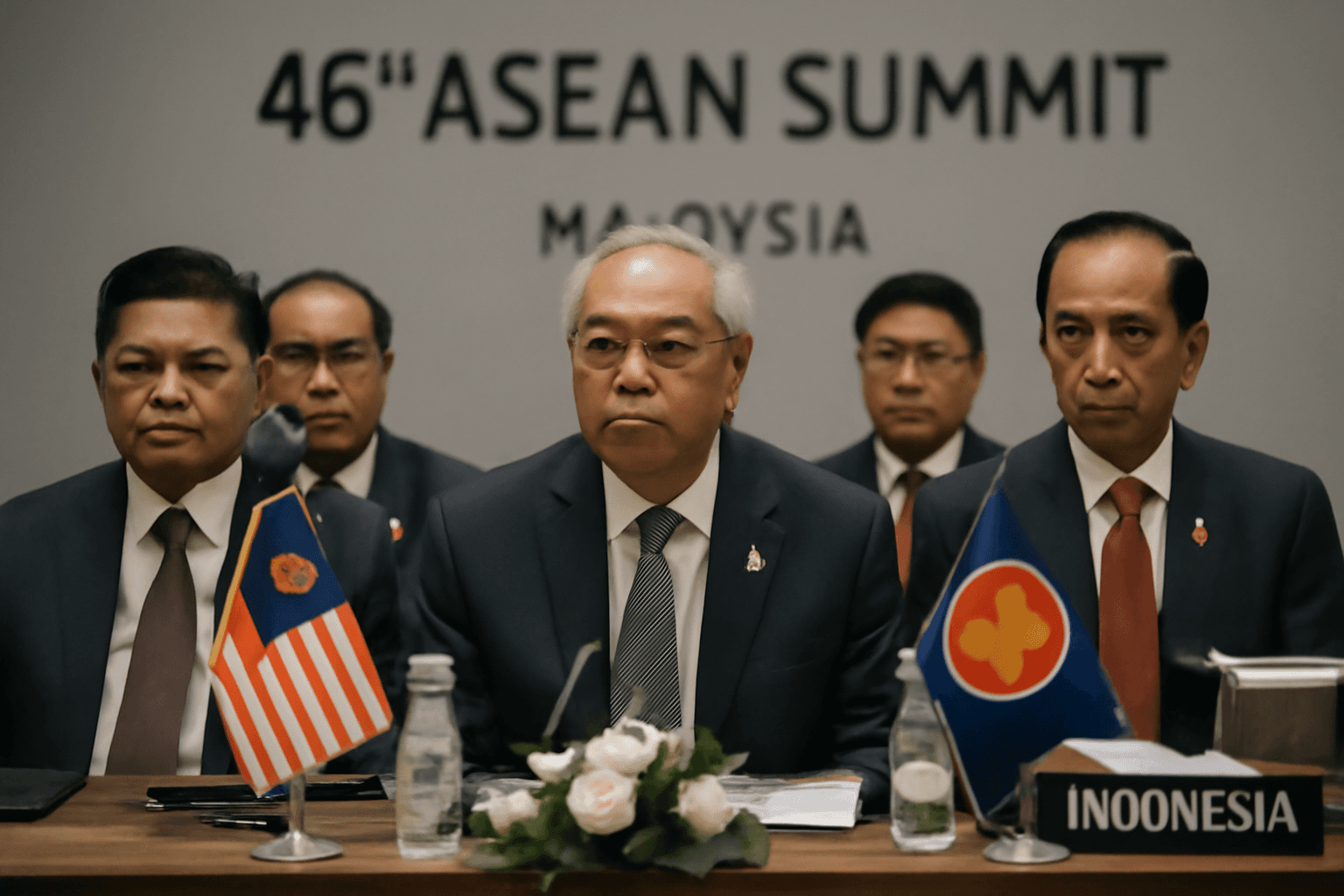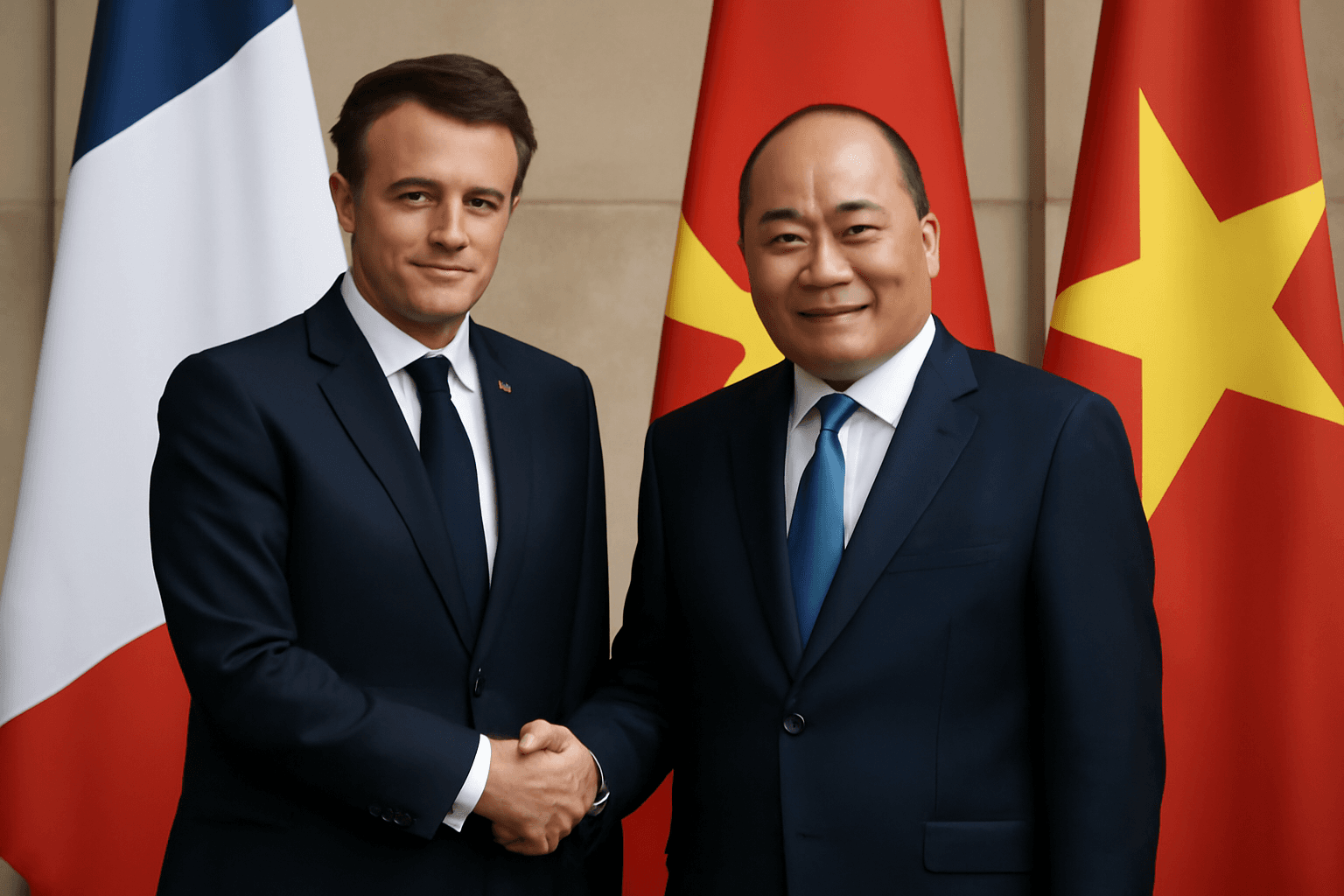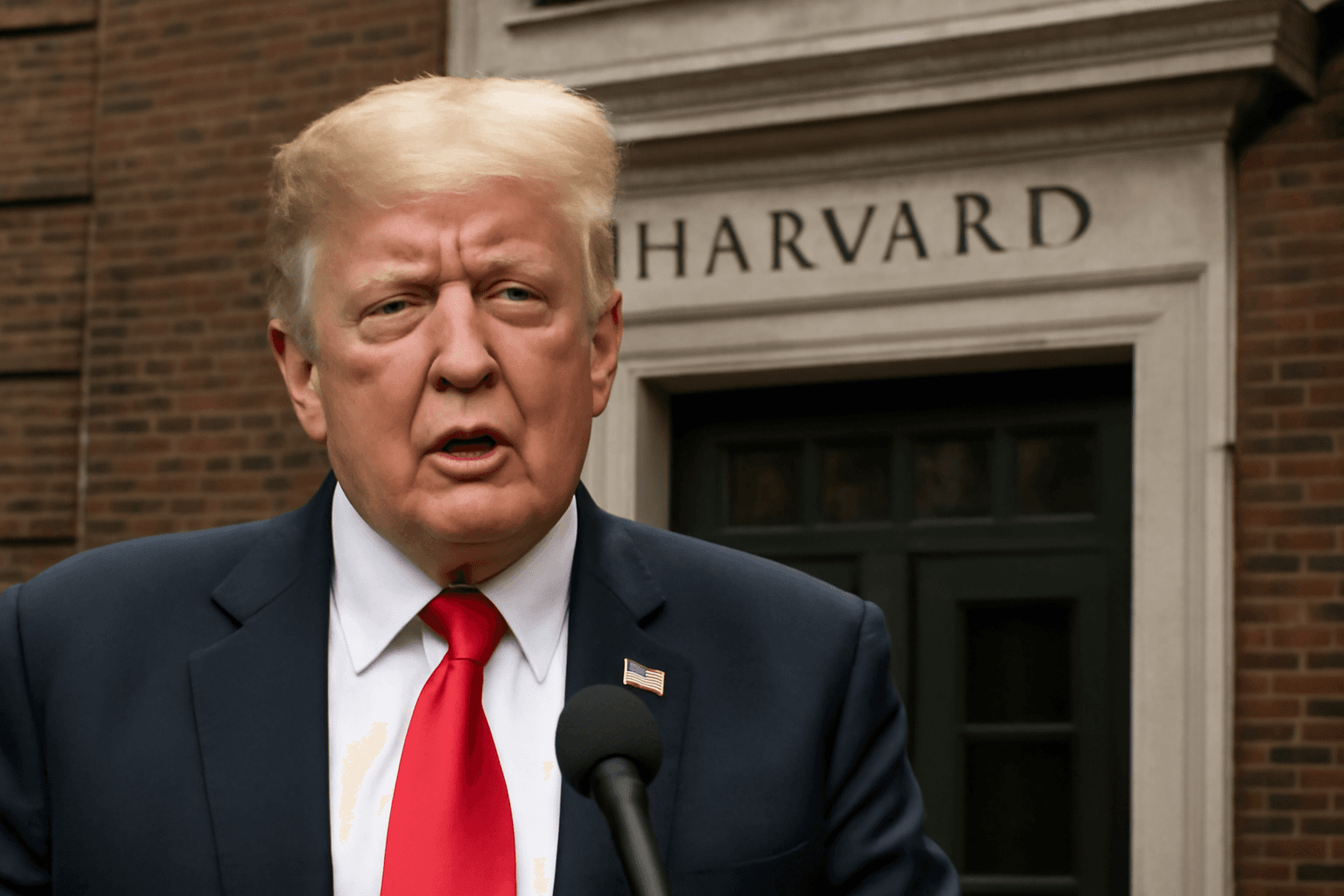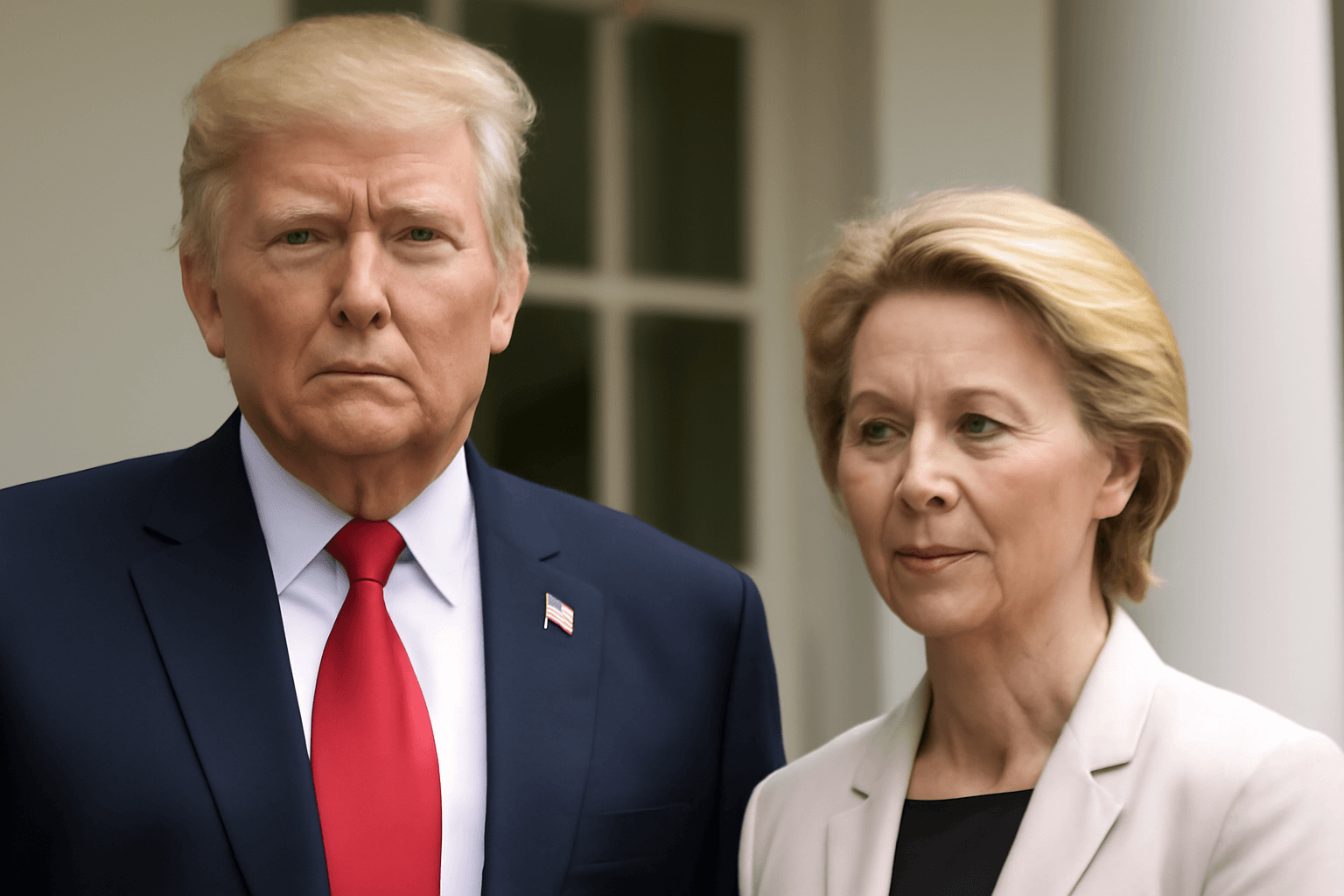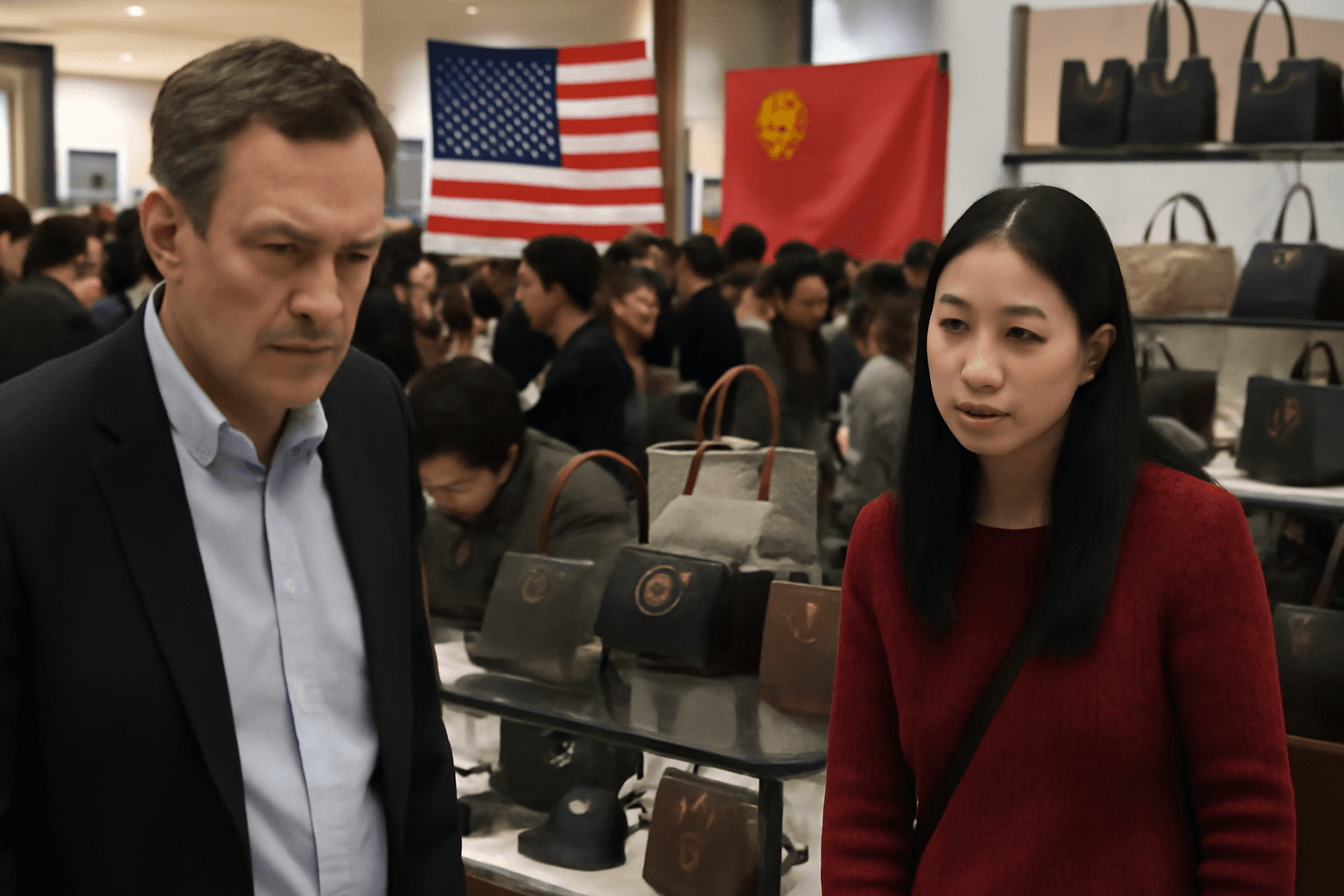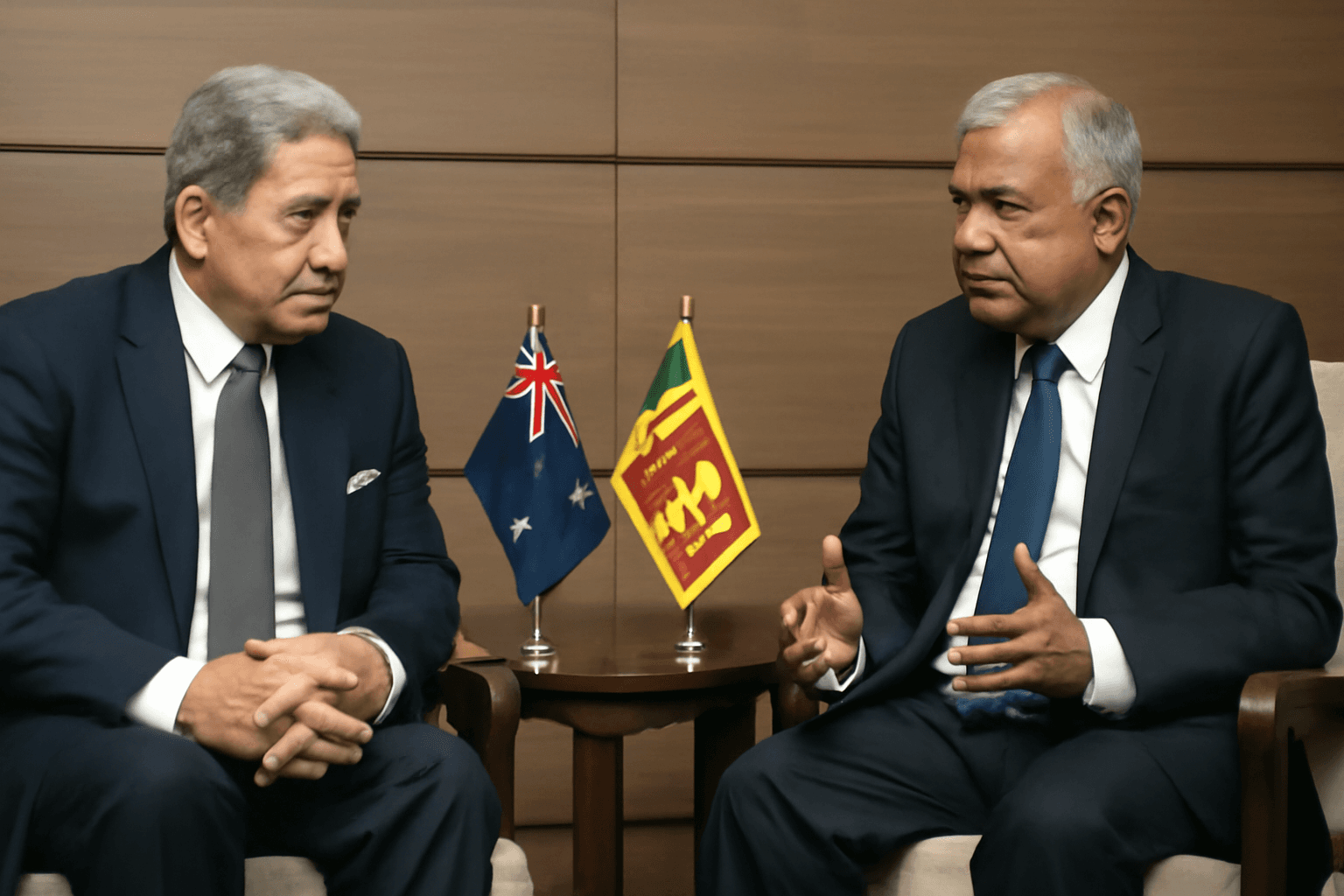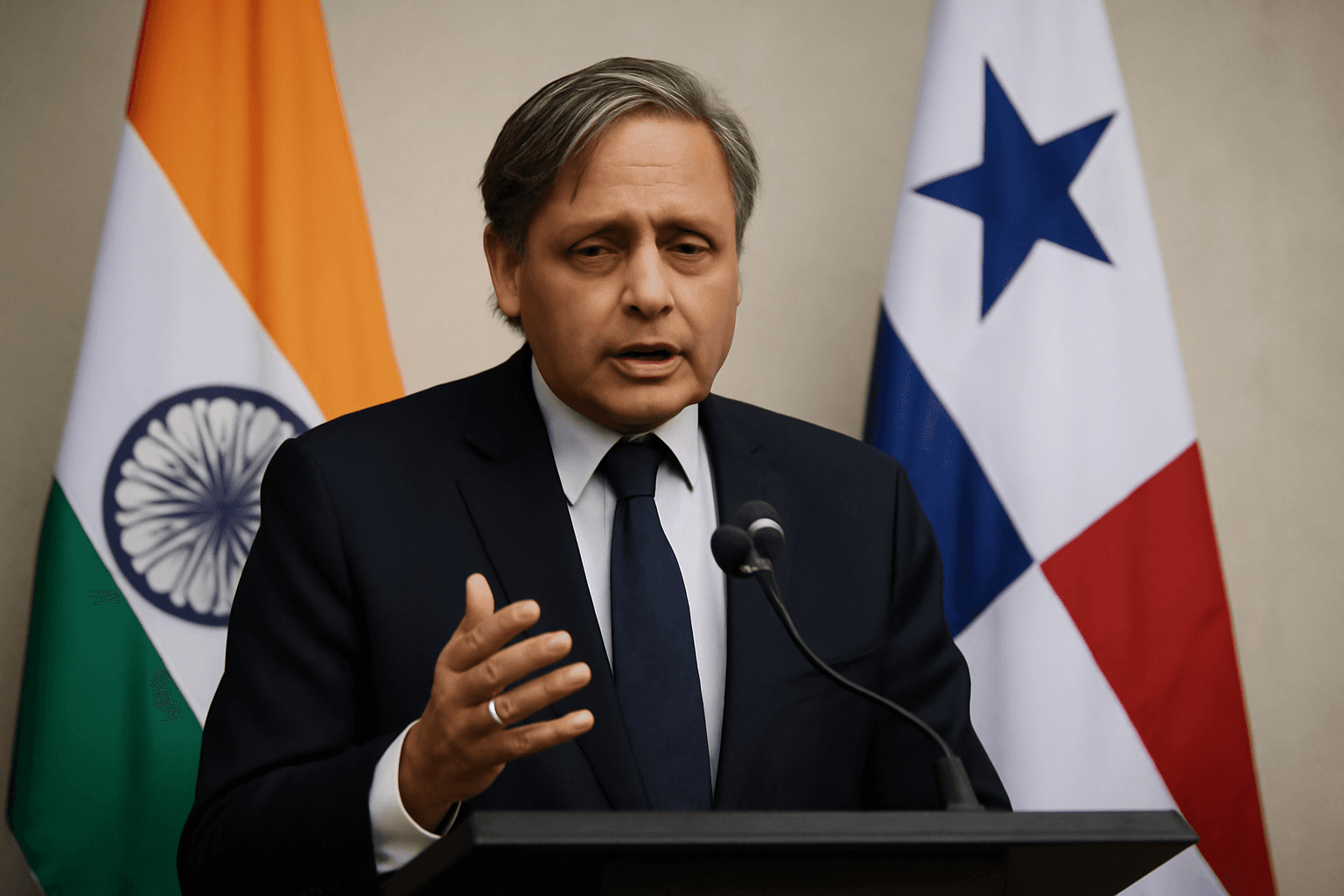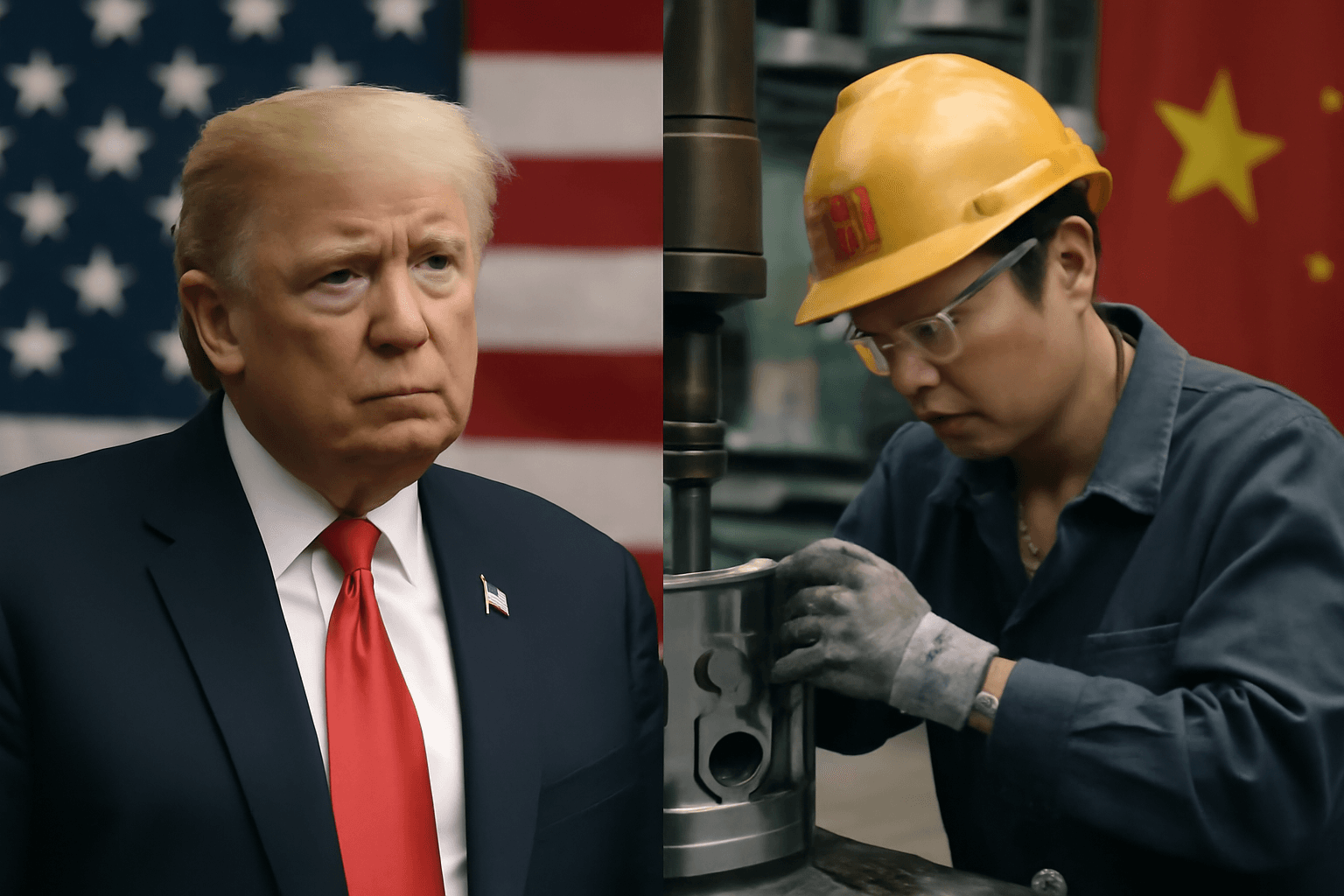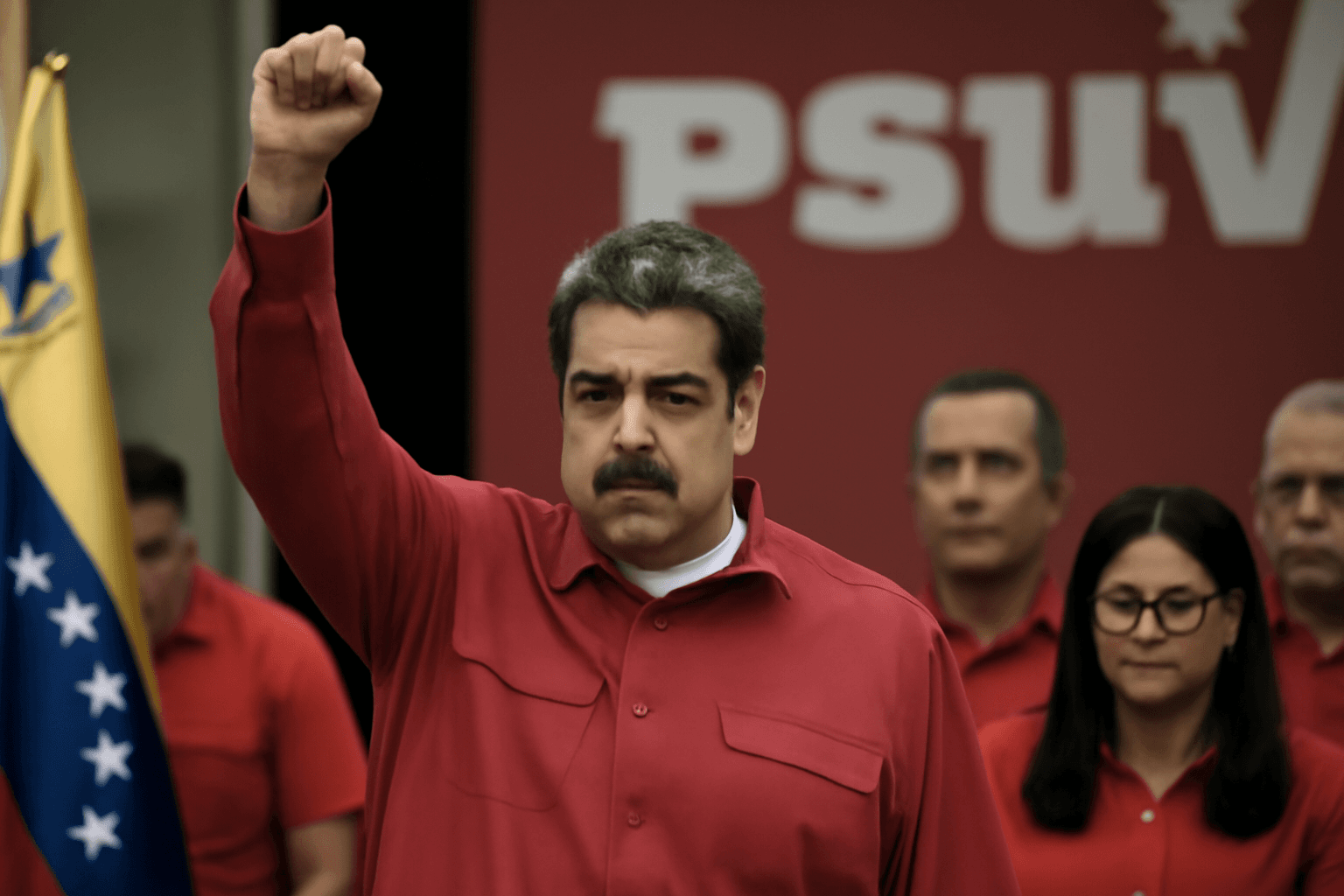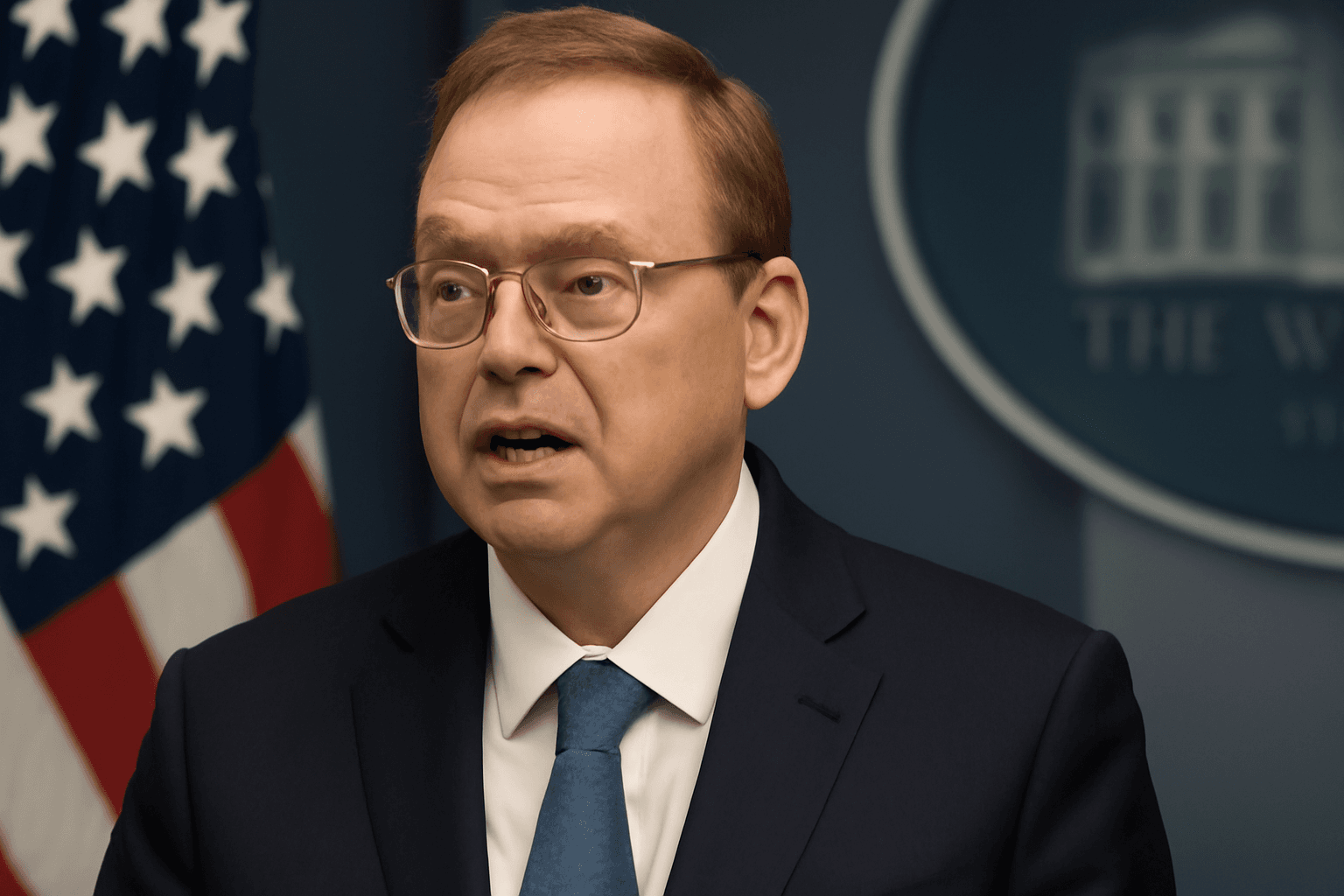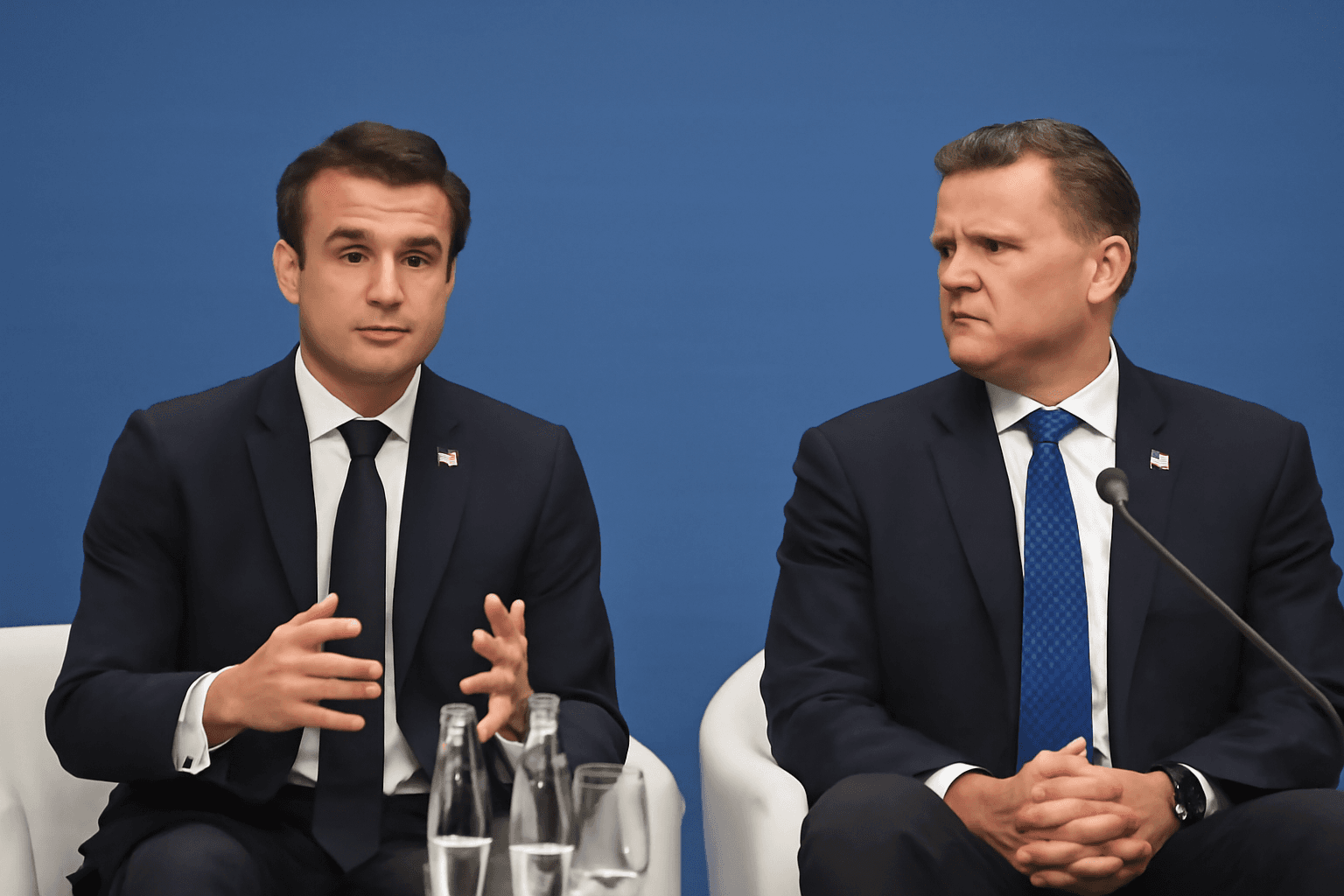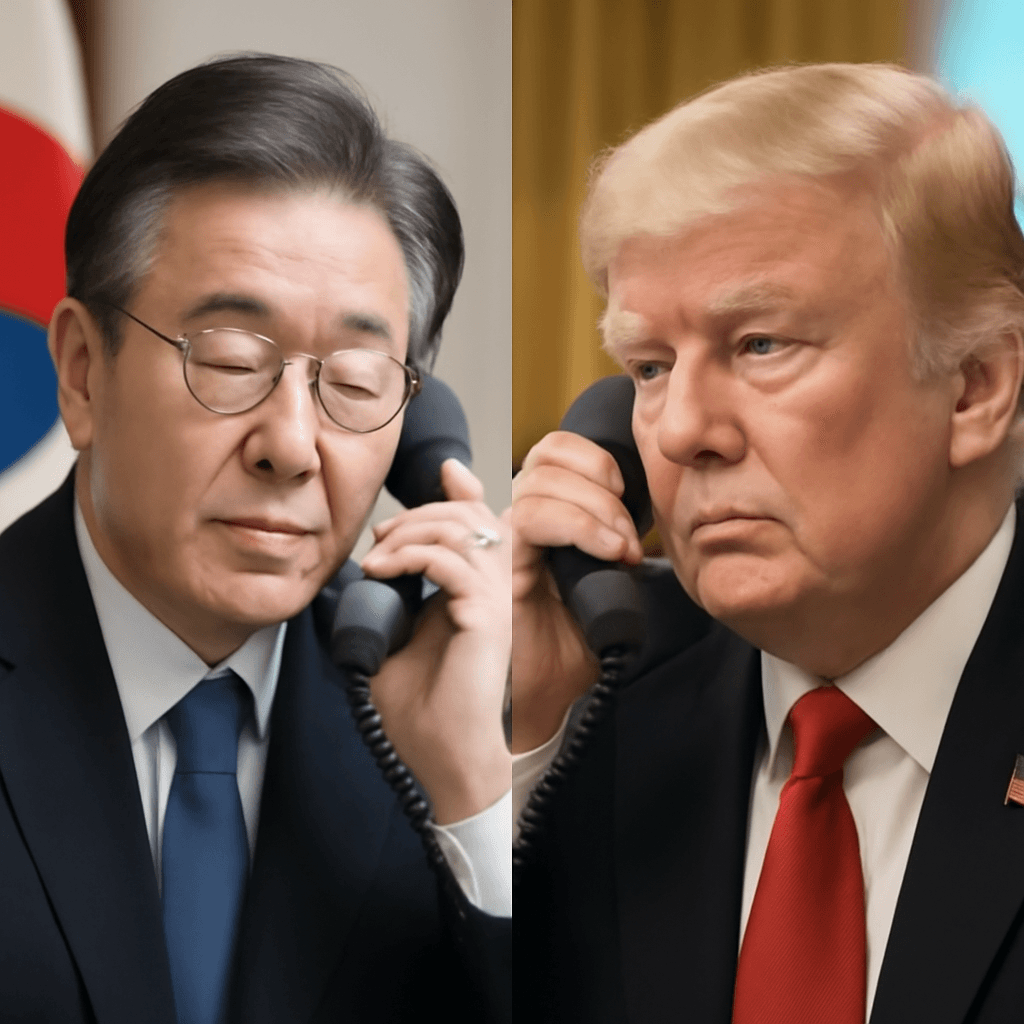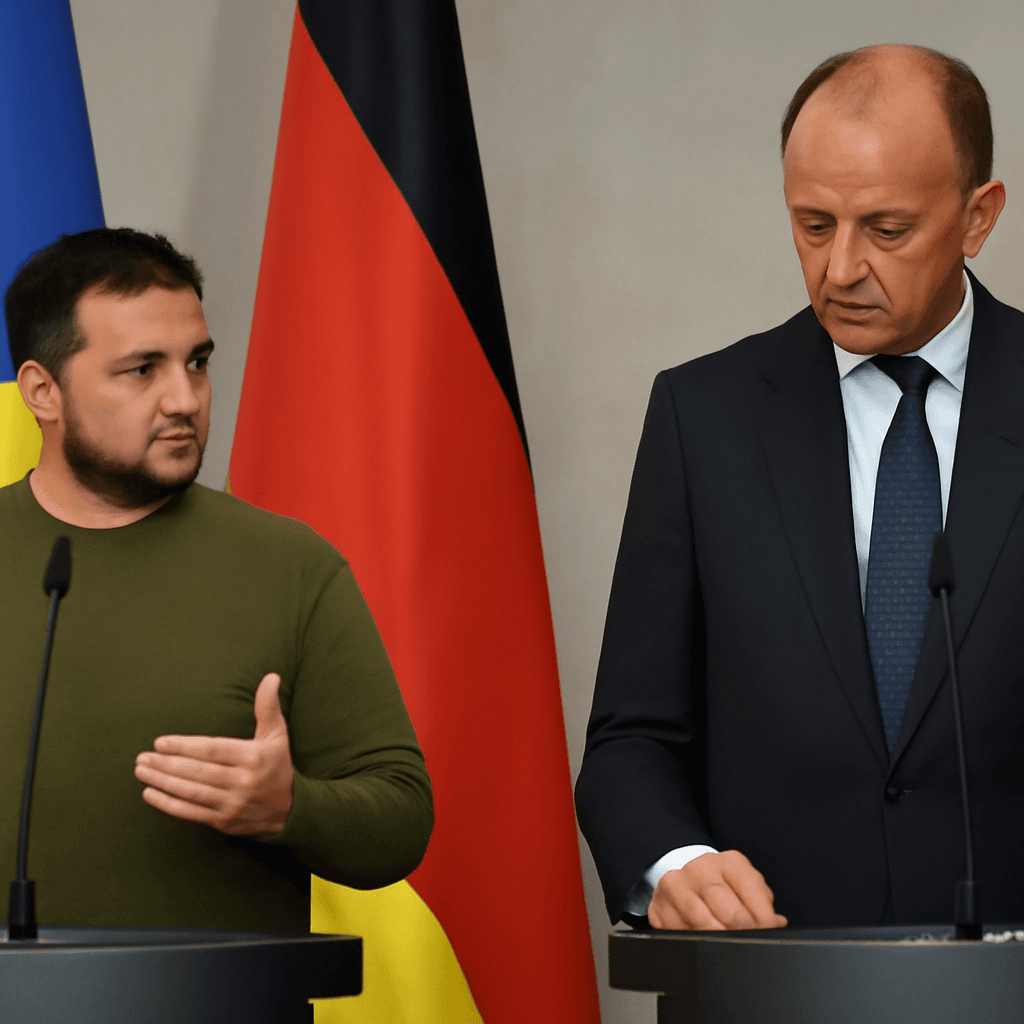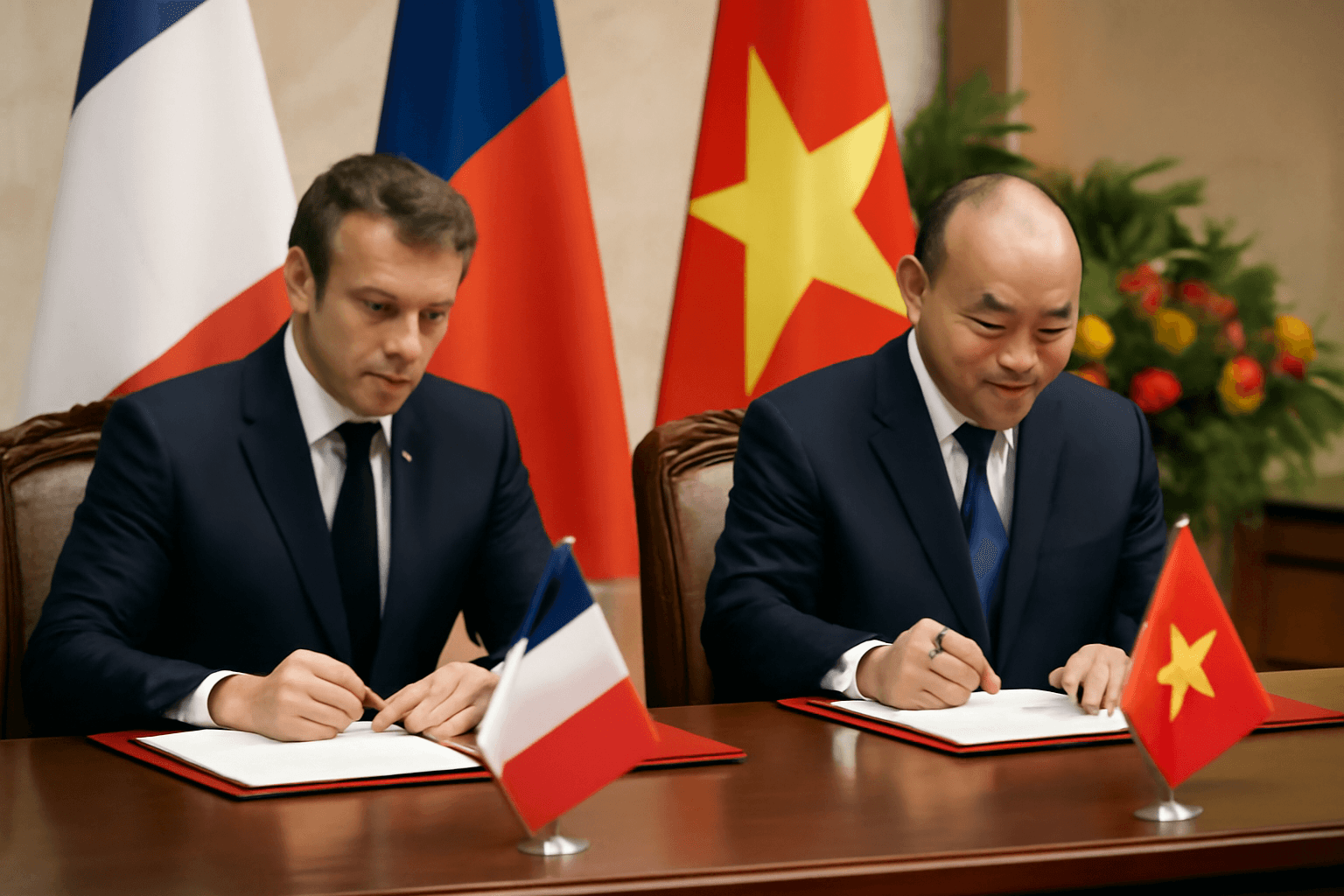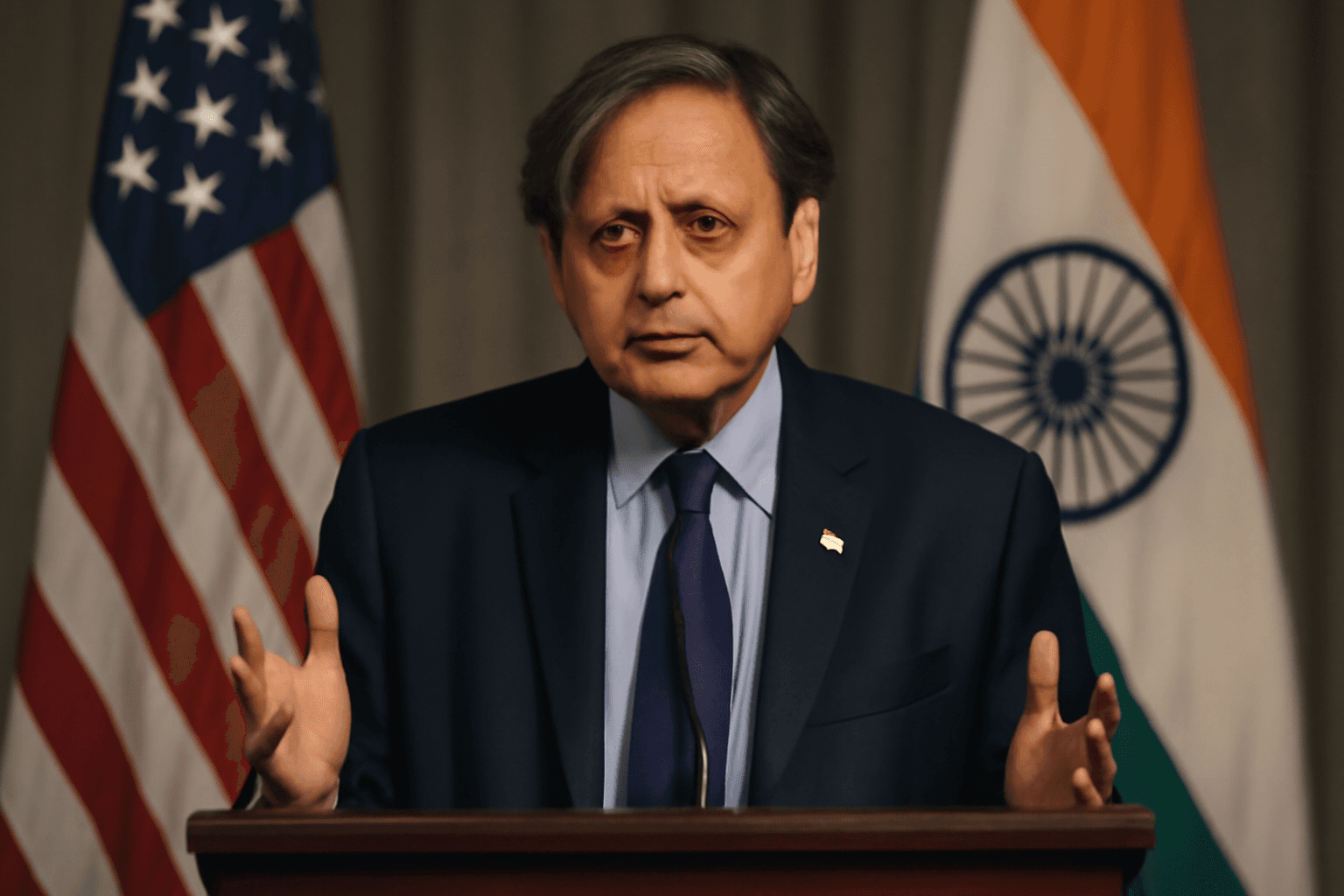Southeast Asian leaders convene in Kuala Lumpur for the 46th ASEAN Summit, focusing on Myanmar's peace negotiations and the economic impact of U.S. tariffs.
On May 26, 2025, ASEAN leaders are set to address the ongoing civil conflict in Myanmar and the impending economic challenges posed by U.S. President Donald Trump’s tariff threats. Following weekend ministerial discussions, government heads will participate in the summit starting Monday.
Myanmar has faced significant turmoil since the military coup that ousted the elected government of Nobel laureate Aung San Suu Kyi in 2021, which has escalated into widespread civil unrest and rebellion. Malaysia, the current ASEAN chair, aims to bridge communication between the military junta and the opposing armed factions to encourage dialogue.
Malaysian Foreign Minister Mohamad Hasan emphasized the need for repeated negotiations to foster understanding among the conflicting parties. He also mentioned plans to visit Myanmar next month, further indicating Malaysia’s commitment to mediation efforts.
ASEAN foreign ministers recently discussed the establishment of a permanent envoy for Myanmar to aid in ongoing dialogues, highlighting the region's collective approach to conflict resolution.
Since 2021, Myanmar's junta leader Min Aung Hlaing has been barred from participating in ASEAN summits, reflecting the organization's stance on the coup. Thailand's foreign minister proposed broader international engagement during recent discussions, emphasizing the importance of collaborative efforts for peace.
Despite ongoing turmoil, recent interactions between Malaysian Prime Minister Anwar Ibrahim and both the junta and the shadow National Unity Government have rekindled hopes for dialogue.
Additionally, the ASEAN Summit will address the economic ramifications of Trump's trade policies. Leaders are scheduled to meet with Chinese Premier Li Qiang on Tuesday, amid concerns over inflated tariffs affecting six Southeast Asian nations.
Philippine President Ferdinand Marcos Jr. reiterated the necessity for ASEAN unity in formulating responses to U.S. tariffs, advocating for a consensus that accommodates the diverse economic conditions of member states.

